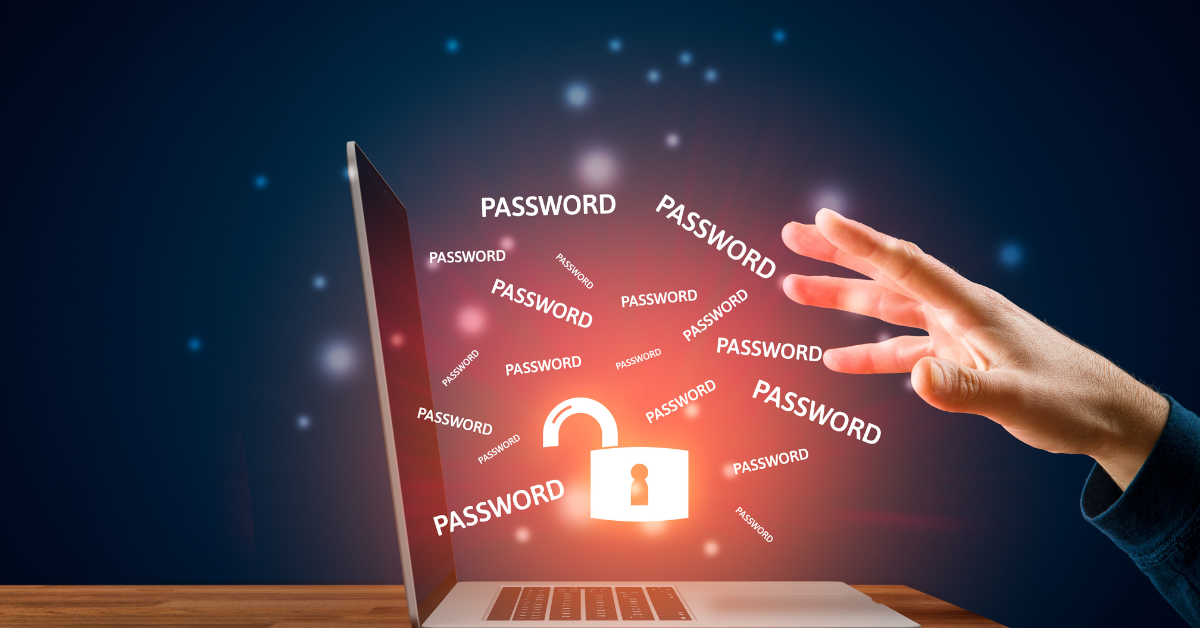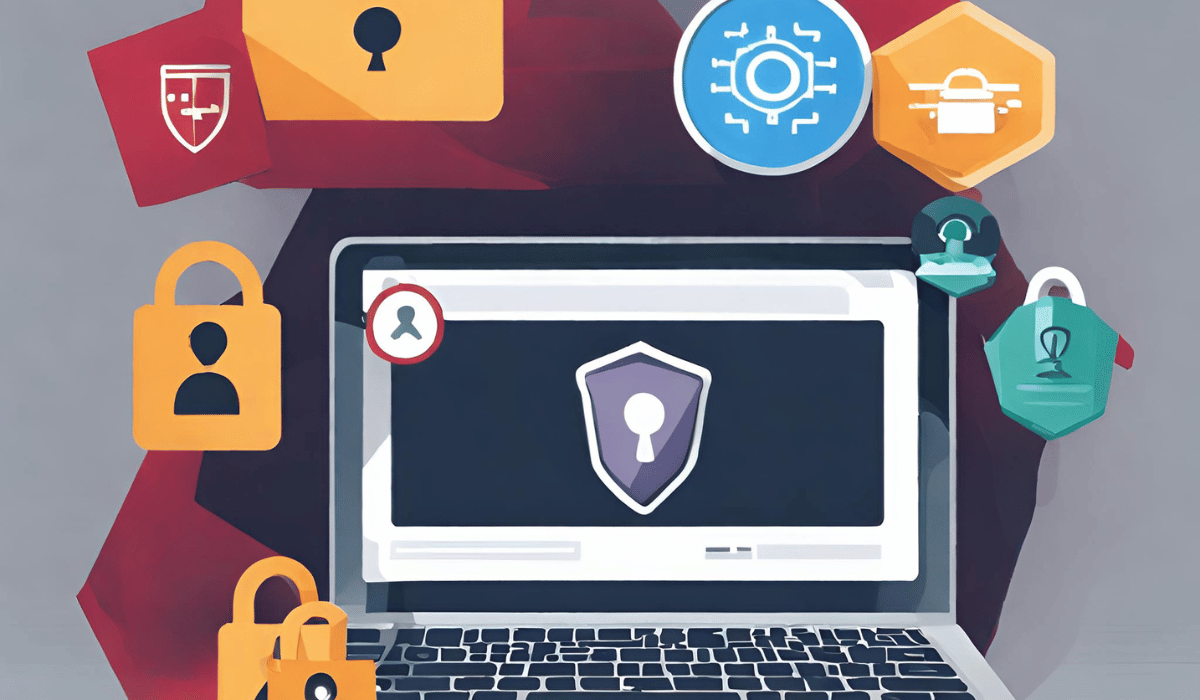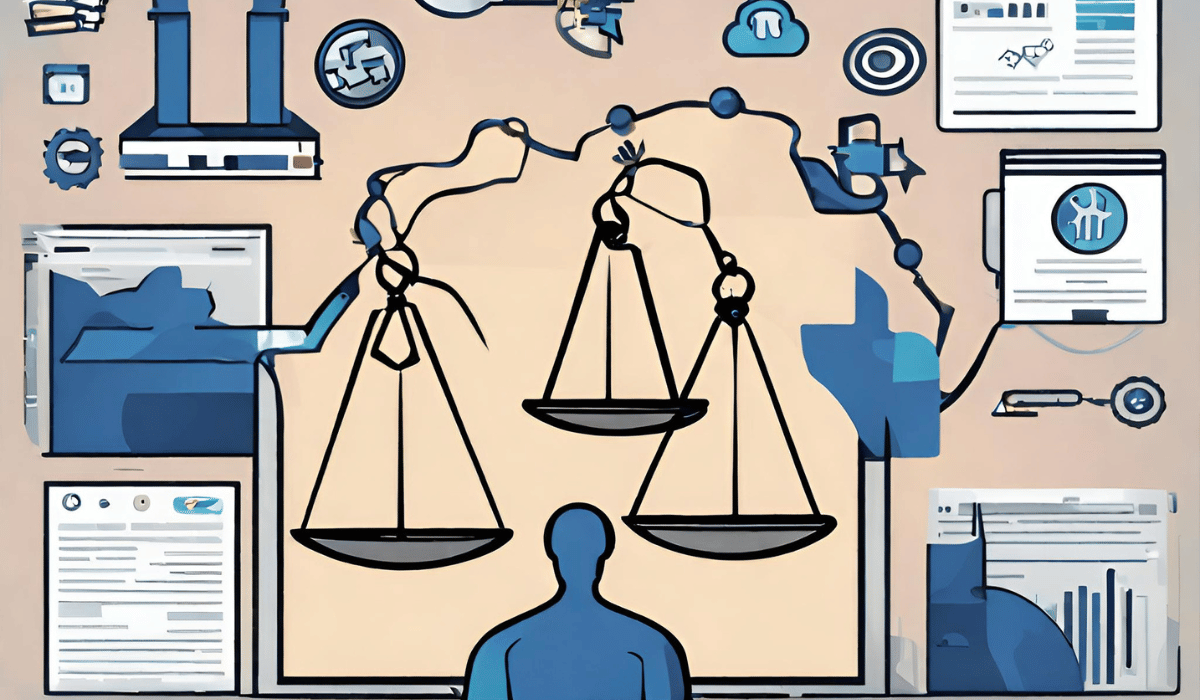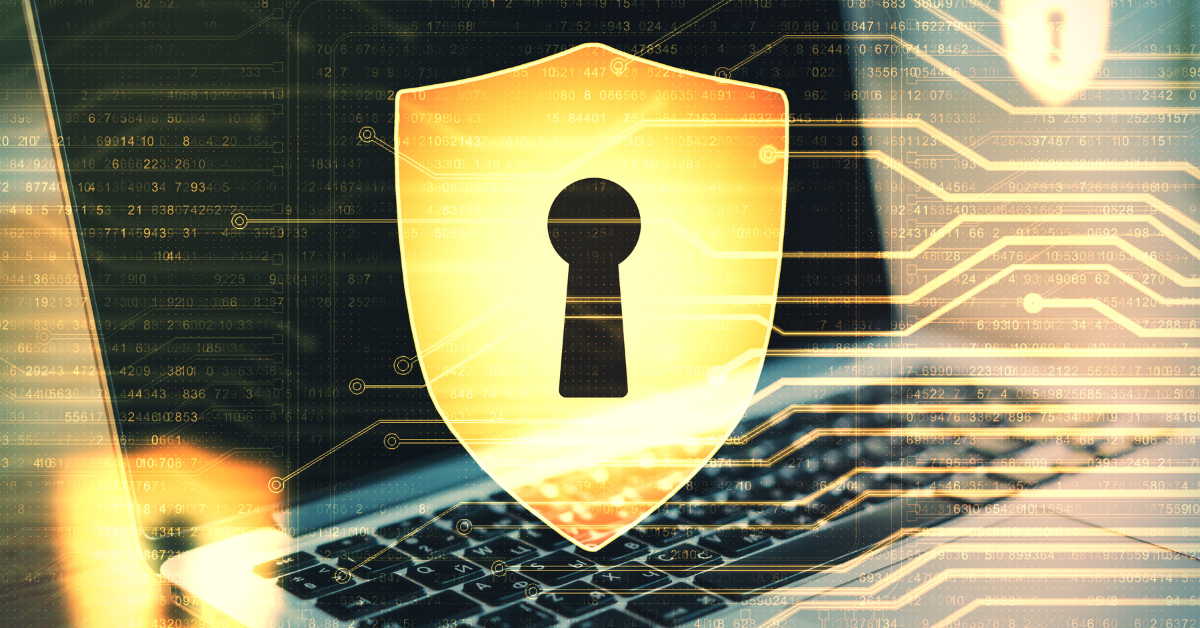If laptop data is not encrypted, the risks include:
Data Theft: Without encryption, sensitive information like passwords, financial data, or personal documents can be easily accessed by unauthorized individuals if the laptop is lost, stolen, or hacked.
Privacy Breach: Personal and confidential data may be exposed, leading to potential identity theft, blackmail, or misuse of sensitive information.
Financial Loss: Non-encrypted laptops are more vulnerable to ransomware attacks, where attackers can encrypt the data and demand a ransom for its release.
Legal and Compliance Issues: Failure to protect sensitive data through encryption might lead to legal consequences, especially if it involves customer data subject to data protection regulations.
Corporate Espionage: Business-related data on laptops can be targeted by competitors or malicious actors, jeopardizing the company’s trade secrets and intellectual property.
Reputation Damage: A data breach or loss of sensitive information can severely damage an individual’s or organization’s reputation and trustworthiness.
Loss of Intellectual Property: For businesses, valuable intellectual property stored on laptops can be compromised, impacting their competitive advantage.
Invasion of Personal Life: For individuals, personal data like photos, emails, or messages can be exposed, leading to a violation of privacy.
In the fast-paced digital age, laptops have become an indispensable part of our lives. From personal use to handling critical business operations, we rely on these portable devices to store and access vast amounts of data. However, with convenience comes responsibility, and one of the primary responsibilities is ensuring the security of our data. We will investigate the risks of not encrypting laptop data and emphasize the significance of implementing robust encryption measures.
In today’s data-centric world, safeguarding sensitive information has become paramount. Data encryption serves as a vital safeguarding measure, converting data into a secure format, making it incomprehensible to unauthorized individuals. Unfortunately, data encryption often takes a backseat, leaving valuable data vulnerable to various threats.
Risks if Laptop Data is Not Encrypted

Data Vulnerability
Imagine leaving your diary open on a park bench for anyone to read. Similarly, unencrypted laptop data is like an open invitation to cybercriminals. Without encryption, sensitive files, personal information, and confidential documents become susceptible to unauthorized access and exploitation.
Data breaches have become increasingly common, with unencrypted laptops becoming prime targets for cybercriminals seeking to steal valuable data. Identity theft, financial fraud, and privacy violations are some potential consequences of such data exposure.
Loss or Theft of Laptops
Losing a laptop can happen to anyone, and when an unencrypted laptop falls into the wrong hands, it can lead to severe repercussions for individuals and businesses.
A stolen laptop grants unrestricted access to all the files stored on the device, including confidential business data, financial records, and personal information. Such sensitive data becomes vulnerable to misuse and exploitation, leading to irreparable damage.
Real-life incidents of data breaches resulting from stolen unencrypted laptops underscore the urgent need for robust data security measures.
Exposure to Malware and Ransomware

Unencrypted laptops are more susceptible to malware and ransomware attacks, akin to leaving the front door of your house wide open for intruders.
Malicious software can easily infiltrate an unencrypted laptop, compromising data integrity and privacy. Ransomware attacks, where data is held hostage until a ransom is paid, can paralyze businesses and disrupt individual users. With encryption, safeguarding against such insidious threats becomes easier.
Encryption significantly reduces the risk of malware infections, shielding personal and professional data against cyber threats.
Legal and Compliance Risks

Data breaches from unencrypted laptops can have severe legal ramifications. Organizations failing to protect sensitive data adequately may face legal penalties and financial consequences.
Data protection regulations, such as the General Data Protection Regulation (GDPR), mandate strict security measures to safeguard personal data. Non-compliance with these regulations can lead to hefty fines and reputational damage.
Damage to Reputation and Trust
Data breaches impact finances and erode an individual’s or company’s reputation. Losing customer trust can have long-lasting effects on business operations.
Customers and clients entrust their data to companies, expecting responsible and secure data handling. A data breach can shatter this trust, resulting in a loss of customers and potential business opportunities.
Data Loss and Recovery Challenges
In the absence of encryption, data recovery becomes a daunting task. Hardware failures or damage to the laptop can result in permanent data loss.
Data backups and recovery plans become indispensable for safeguarding against data loss. However, the lack of encryption can hinder the effectiveness of such measures.
Protecting Laptop Data with Encryption

To mitigate the outlined risks, implementing robust data encryption is essential. Encryption acts as a protective shield, transforming data into an unreadable format, rendering it inaccessible to unauthorized individuals.
Various encryption methods, such as full disk and file-level encryption, offer different levels of protection. Understanding the most suitable encryption approach based on specific needs is crucial.
Encryption Best Practices
More than merely enabling encryption is required; adhering to best practices ensures its effectiveness. Strong encryption keys and secure password management are vital for enhancing data security.
Regularly updating encryption software is crucial, protecting against newly discovered vulnerabilities. Additionally, enabling multi-factor authentication adds an extra layer of security to the encryption process.
The Future of Laptop Data Security
The data security landscape is ever-evolving, with new technologies continuously emerging to combat cyber threats. Hardware-based encryption, post-quantum cryptography, and blockchain-based solutions are innovations reshaping data protection.
As the digital world progresses, staying informed about the latest data security trends and adopting cutting-edge encryption technologies becomes imperative to safeguard valuable data.
FAQs
Q: Is data encryption necessary for personal laptops?
A: Data encryption is crucial for protecting personal information and sensitive data from unauthorized access.
Q: Can encryption prevent all types of data breaches?
A: While encryption significantly reduces the risk of data breaches, it is not a foolproof solution. Employing multiple layers of security is recommended.
Q: What is the best encryption method for laptops?
A: Full disk encryption is an excellent option for laptops, as it encrypts the entire disk, protecting all data stored on the device.
Q: How often should I update encryption software?
A: Regular updates are essential to ensure that encryption software remains effective against emerging threats.
Q: Is data recovery possible if a laptop is stolen and unencrypted?
A: Data recovery from stolen unencrypted laptops is challenging, and permanent data loss is risky. Regular backups can mitigate this risk.
Conclusion
In conclusion, the risks of not encrypting laptop data are far-reaching and potentially devastating. The consequences of unencrypted data can be severe, from data breaches and identity theft to legal penalties and reputational damage. Individuals and businesses can confidently navigate the digital landscape by prioritizing data security and implementing robust encryption measures, safeguarding their data from various threats.
